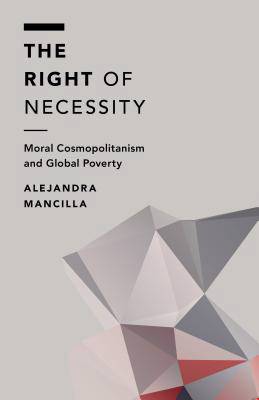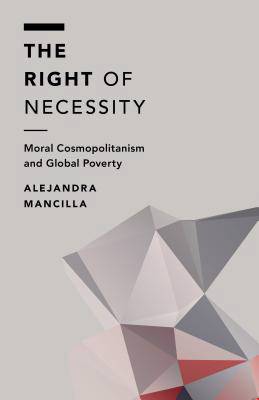
- Retrait gratuit dans votre magasin Club
- 7.000.000 titres dans notre catalogue
- Payer en toute sécurité
- Toujours un magasin près de chez vous
- Retrait gratuit dans votre magasin Club
- 7.000.0000 titres dans notre catalogue
- Payer en toute sécurité
- Toujours un magasin près de chez vous
69,95 €
+ 139 points
Format
Description
Does recognition of the basic human right to subsistence imply that the needy are morally permitted to take and use other people's property to get out of their plight? Should we respect the exercise of this right of necessity in a variety of scenarios - from street pickpocketing and petty theft to illegal squatting and encamping? In this concise and accessible book, Alejandra Mancilla addresses these complex and controversial moral questions. The book presents a historical account of the concept of the right of necessity--from the medieval writings of Christian canonists and theologians to seventeenth century natural law theory. The author then goes on to ground this right in a minimal conception of basic human rights, and proposes some necessary and jointly sufficient conditions for its exercise. She confronts the main objections that may be posed against this principle and ultimately concludes that the exercise of this right should be considered as a trigger to secure a minimum threshold of welfare provisions for everyone, everywhere.
Spécifications
Parties prenantes
- Auteur(s) :
- Editeur:
Contenu
- Nombre de pages :
- 140
- Langue:
- Anglais
- Collection :
Caractéristiques
- EAN:
- 9781783485864
- Date de parution :
- 19-08-16
- Format:
- Livre broché
- Format numérique:
- Trade paperback (VS)
- Dimensions :
- 150 mm x 226 mm
- Poids :
- 226 g

Les avis
Nous publions uniquement les avis qui respectent les conditions requises. Consultez nos conditions pour les avis.






